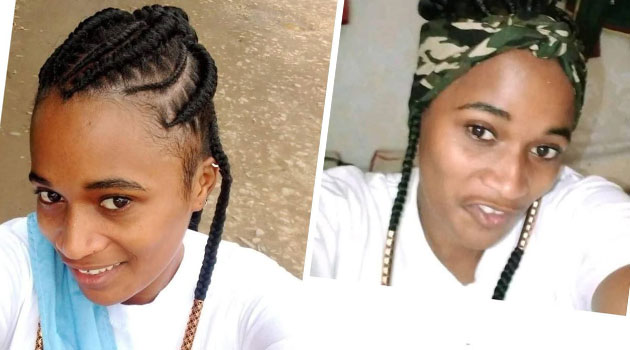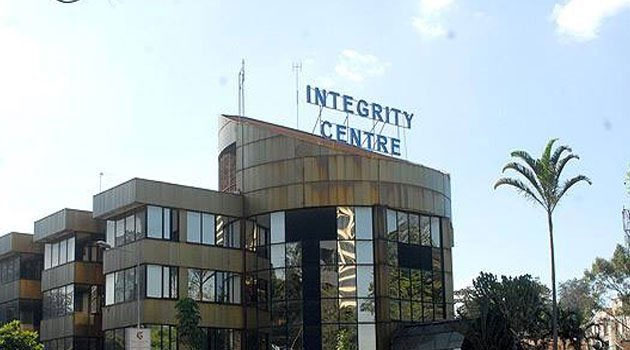Kenya is once again grappling with the grim reality of alleged police brutality following the death of 22-year-old protester Julia Njoki while in police custody — a case that has sent shockwaves across the country and reignited calls for justice, transparency, and sweeping police reforms.
Njoki was arrested on July 7 during Saba Saba Day protests — a symbolic day that marks Kenya’s historical struggle for democracy. She was part of a wave of nationwide demonstrations against police violence and government corruption, led largely by Gen Z activists demanding change.
According to her family, Njoki was arraigned in court the following day and remanded overnight. It was during her time in custody that she was allegedly subjected to a brutal assault by officers. She was later found unconscious in her cell, rushed to hospital, but tragically died by Wednesday morning.
Her aunt, Grace Rene, broke the news in an emotional Facebook post that has since gone viral. “Julie was arrested Monday. By Wednesday, she was dead. She had been beaten. She was bleeding internally. And the system responded with delays, silence, and lies,” Rene wrote.
A preliminary medical report confirms the family’s worst fears: Njoki suffered blunt force trauma to the head, consistent with a violent beating. Human rights organizations have condemned the incident and called for an immediate, independent investigation into the circumstances of her death.
“This isn’t just my pain — this is Kenya’s pain,” Rene continued, adding that Njoki’s death is part of a disturbing pattern of custodial killings, disproportionately affecting young protesters.
Law Society of Kenya President Faith Odhiambo labeled Njoki’s death “too painful,” while Nairobi Woman Representative Esther Passaris echoed the call for accountability, urging the government to ensure an independent post-mortem is conducted. “We cannot keep turning people into hashtags,” she said. “We need healing.”
Njoki’s case mirrors other troubling deaths in custody, including that of Migori-based teacher and blogger Albert Ojwang, who died under similar circumstances last month after being transferred from Homa Bay to Nairobi. Both cases remain unresolved.
Meanwhile, protests continue to swell across Nairobi, Kisumu, and Mombasa, galvanized by the youth-led #EndPoliceBrutalityKE movement. Activists are demanding not only justice for Njoki but also long-overdue reform of the National Police Service.
As of now, police authorities have not issued an official statement regarding Njoki’s death. But for many Kenyans, the silence is deafening — and the demand for justice louder than ever.



